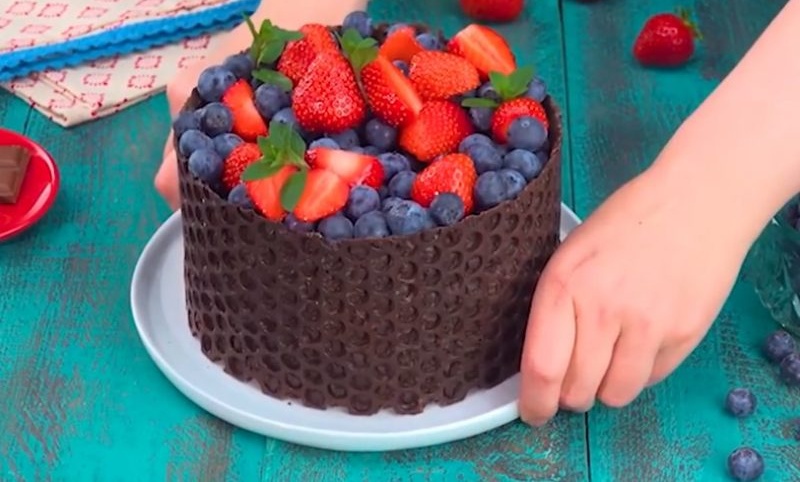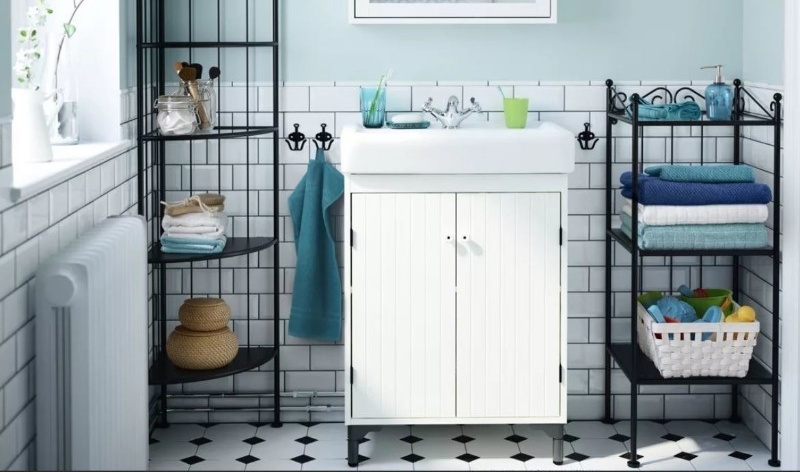10 ideas how to combine ecology and comfortable life
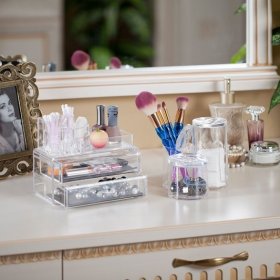
Plastic has firmly entered our lives and supplanted most traditional materials. Today it is used to make toys and furniture, household items and packaging, hygiene and beauty products. But this material is not safe for our health, and for the planet as a whole. It is not surprising that the world is gradually moving to a conscious rejection of plastic for the sake of health and concern for nature. You can start small - replace frequently used plastic items with eco-friendly counterparts.
Bamboo toothbrushes
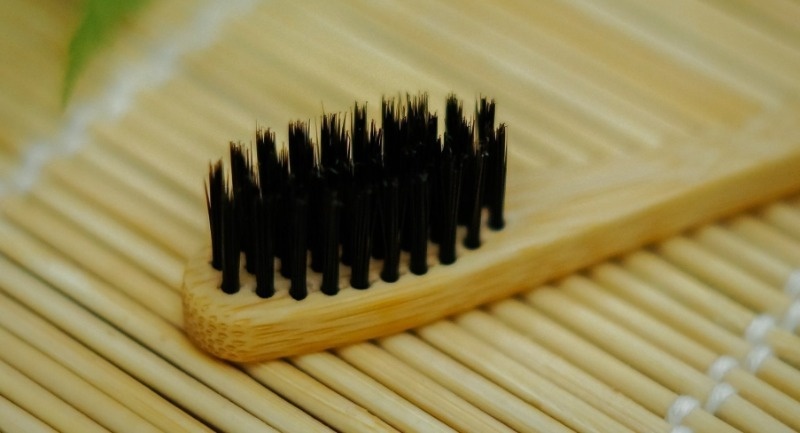
Choosing a toothbrush, we focus on the stiffness of the bristles. And it is worth considering the moment of ecology. This hygiene tool changes every three months, and even in 1 year 4 people will accumulate in one person. It seems to be not much, but nationwide it is tons of discarded plastic that will not decompose on its own.
You can replace this hygiene device with a bamboo brush. Although she has nylon bristles, a natural material handle can be composted. However, if you put a little more effort, you will find a pile of biodegradable polymer. For example, Bamboobrush is a bamboo toothbrush with a pile of bamboo and corn fibers. A product made of such raw materials does not contain harmful PVA and quickly decomposes without harm to the environment.
Dentifrice
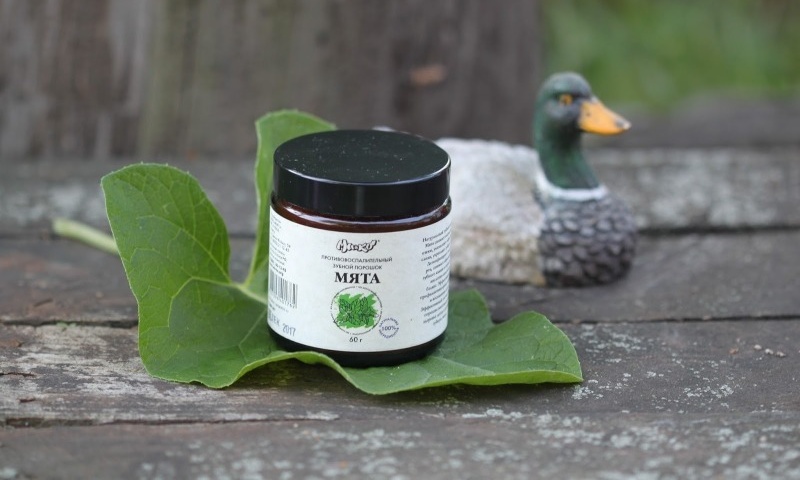
Tubes of toothpaste are almost never taken for processing, and toothpaste is usually produced in plastic jars. But there is a way out of this situation: if you prefer the powder, look for it in glass jars, which can then be returned to the manufacturers for reuse. And if you can only clean with toothpaste, then in stores without packaging you will find the paste by weight. Bring a glass jar with you, and you will be measured out as much as you wish.
Reusable Cotton Pads
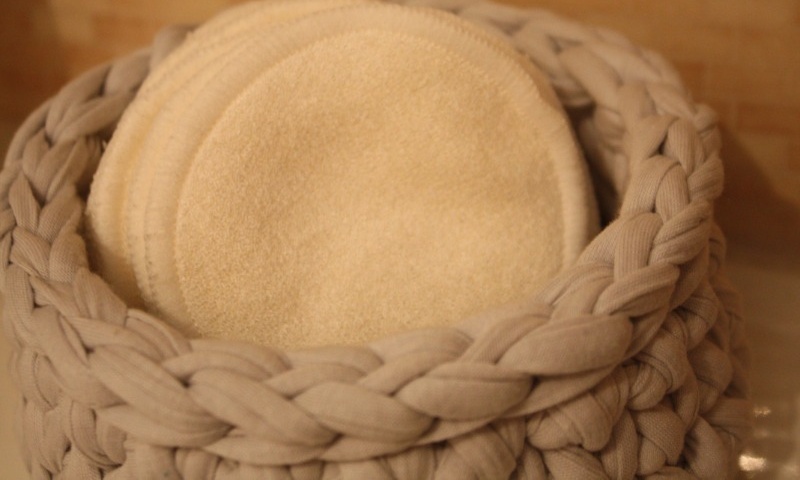
They are convenient and make life easier, they are used in travel and caring mothers when caring for babies. But the material from which they are made is practically not recyclable. Even in countries with developed separate waste collection systems, they are not accepted for recycling. An alternative can be a bactericidal agent - lotion or chlorhexidine, with which you can rub your hands on a walk. Apply these fluids to a cloth or reusable cotton pads.
Wax Wipes
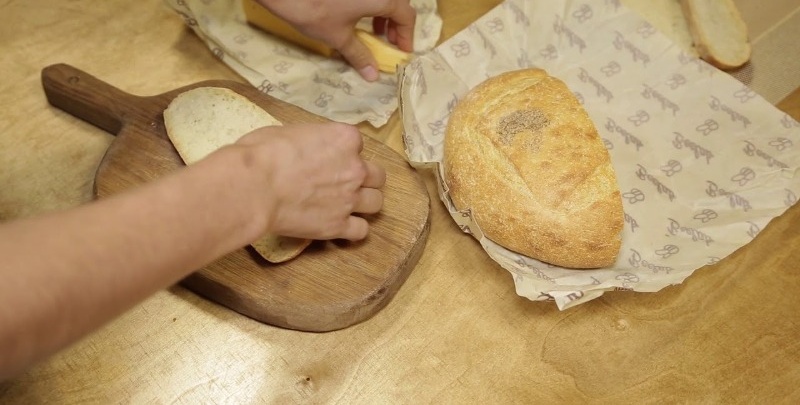
An alternative to non-environmentally friendly food wrap will be wax wipes - this is the most unusual and completely natural way to replace thin disposable plastic. Fresh greens are perfectly stored in wax napkins, it is convenient to wrap a cucumber or an apple with them for a snack with you or cover a plate with leftover food. Products in such packaging are stored much better than in food wrap, because wax has antibacterial properties.
Sponge for washing dishes from loofah
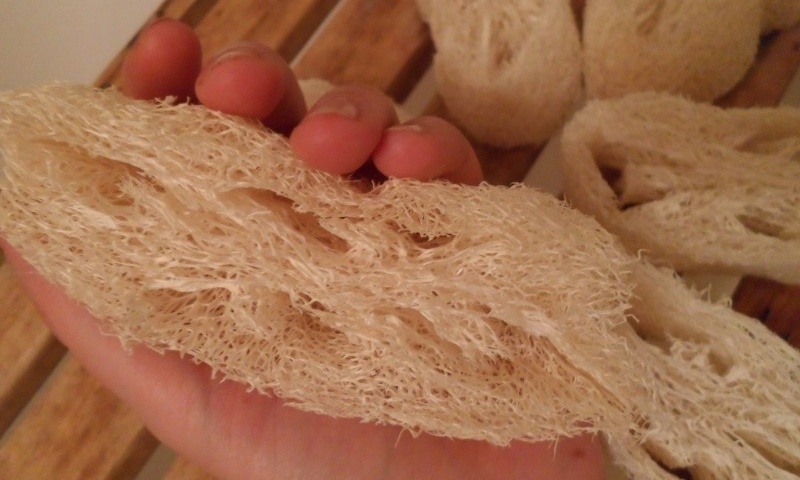
Tools that you use in everyday life are also released from organics. Many people use foam sponges for washing dishes.They can be successfully exchanged for the same, but from the loofah. This plant belongs to the pumpkin family. A number of manufacturers have recently released sponges from its dried fiber portion. If you wish, you can make it yourself.
Cosmetics and hygiene products in glass containers
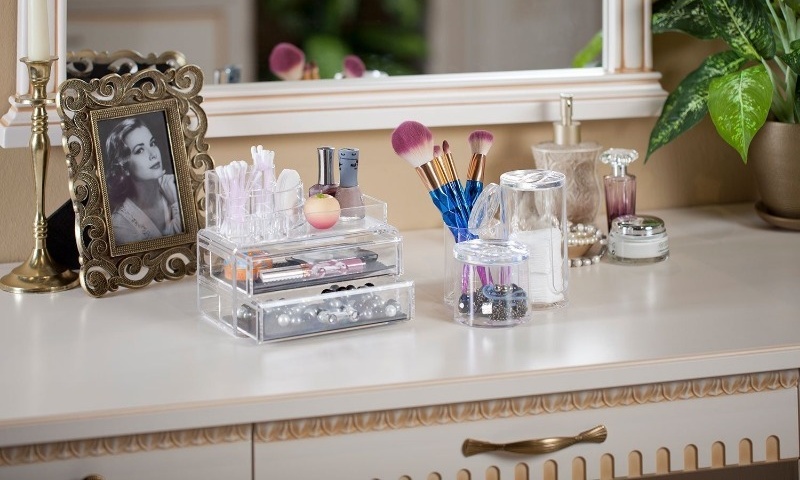
Manufacturers of cosmetics prefer to pack their products in plastic containers. If you wish, you can always find creams and scrubs in glass jars. By the way, storage in glassware is much more environmentally friendly and safer - this is due to the fact that glass does not emit harmful substances. Even shampoos and gels are sometimes found in glass vessels. Such containers can always be returned.
Paper soap
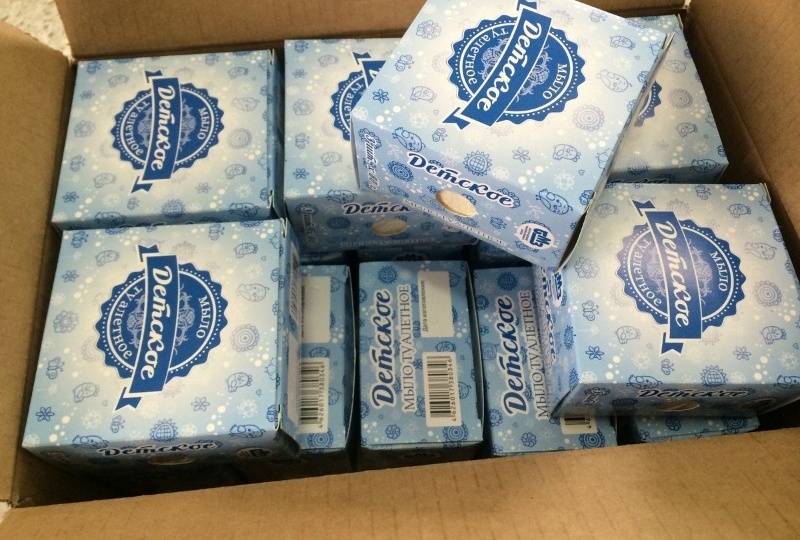
Look on paper shelves on store shelves. Of course, today many manufacturers pack soap products in bright glossy wrappers, but they contain plastic and encouraging such a manufacturer, we only exacerbate the environmental situation and increase the amount of plastic waste.
Eliminate the use of liquid soap, which is purchased in a plastic container, from your everyday life. Replace it with a solid soap in a paper wrapper, or handmade soap. At the same time, try solid shampoo, which is sold in paper packaging. For you, this will be not only a struggle for a clean environment, but also an experiment on the use of new products.
Cellulose Washcloths
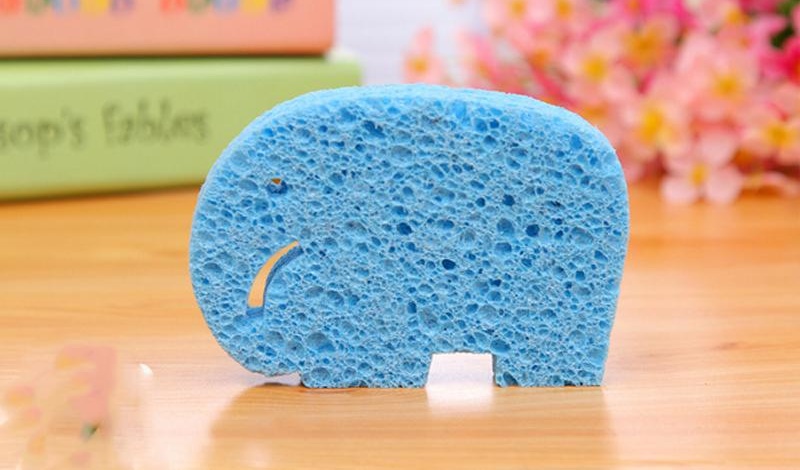
Replace the foam sponges for washing the body with cellulose washcloths. This material is obtained from wood fibers, and it has enhanced degradation properties. Moreover, such washcloths have a long service life, absorb moisture well, and the fibrous structure of the material provides high resistance to tearing and abrasion. It is pleasant to wash with cellulose washcloths when wet, they become very pleasant to the touch, and besides, this material belongs to the class of hypoallergenic.
Pumice
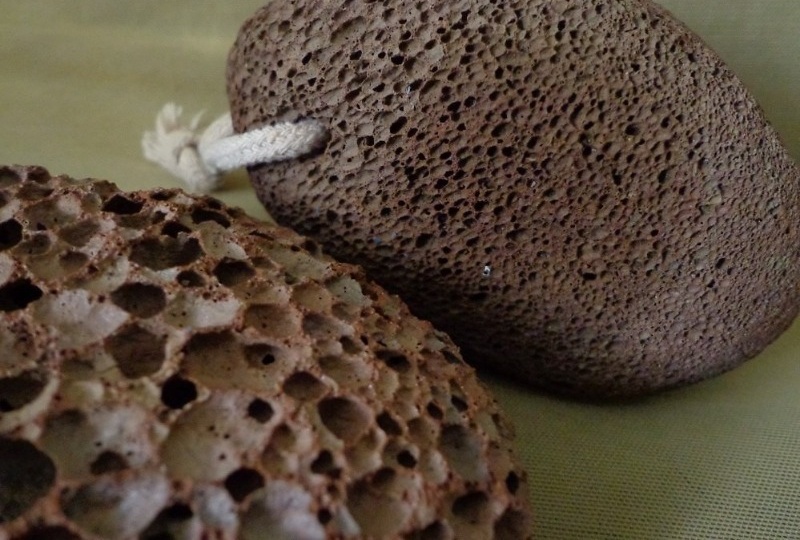
Mechanical and electrical devices for treating coarse skin of the feet are made of various materials, most of which include plastic. After the product becomes unusable, they just throw it away, and few people think about the question of when it will decompose and whether it will happen at all. The most environmentally sound replacement is pumice stone. This is a natural material, in no way inferior to newfangled files.
Replaceable razor
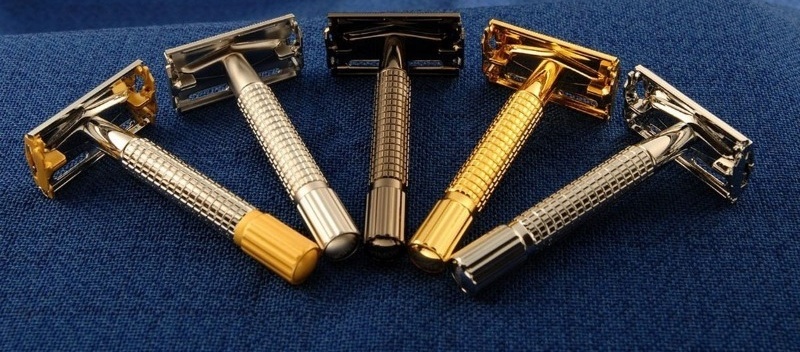
Plastic razors are not recyclable. By the way, they have to be replaced even more often than toothbrushes. One machine is enough in strength for a week. And it doesn’t matter - a monolithic shaving machine, or it has interchangeable heads - these shaving products are almost entirely made of plastic. An endless change of disposable machines will find a replacement in the classic steel razor, which requires only the replacement of directly razor metal blades. It will turn out both inexpensively and environmentally friendly.
